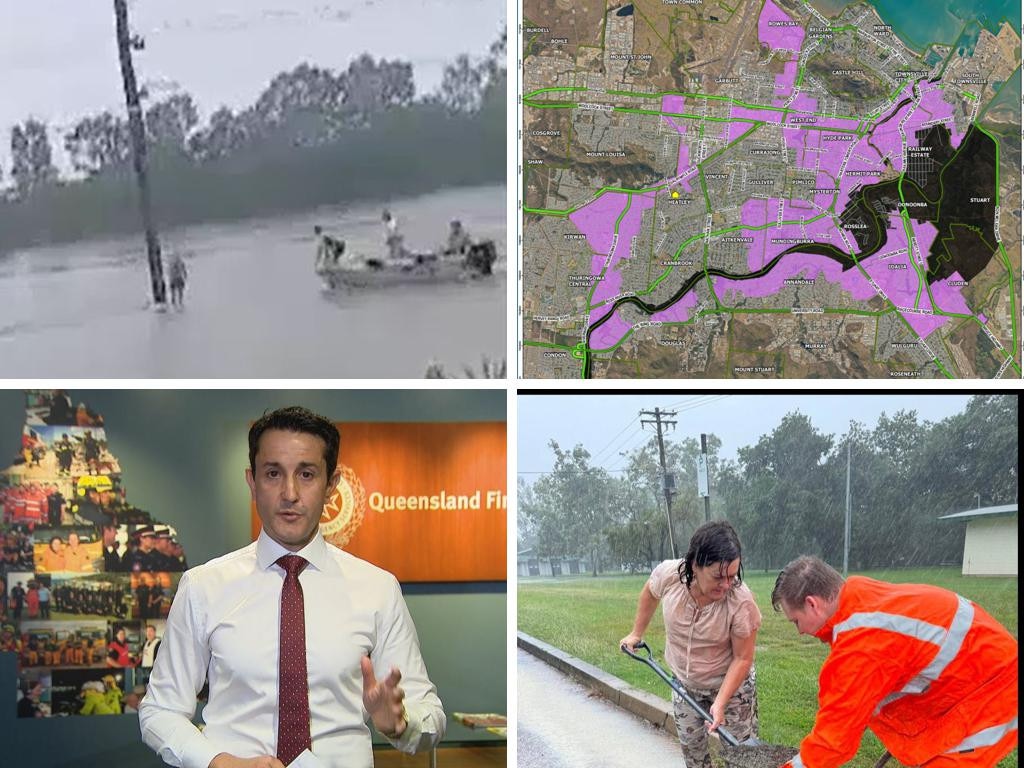Game-changing recycled plastic products lead the Aussie charge
The sudden death of plastic straws and single use plastic bags were easy wins. Now farmers are helping cut the use of soft plastic packaging.
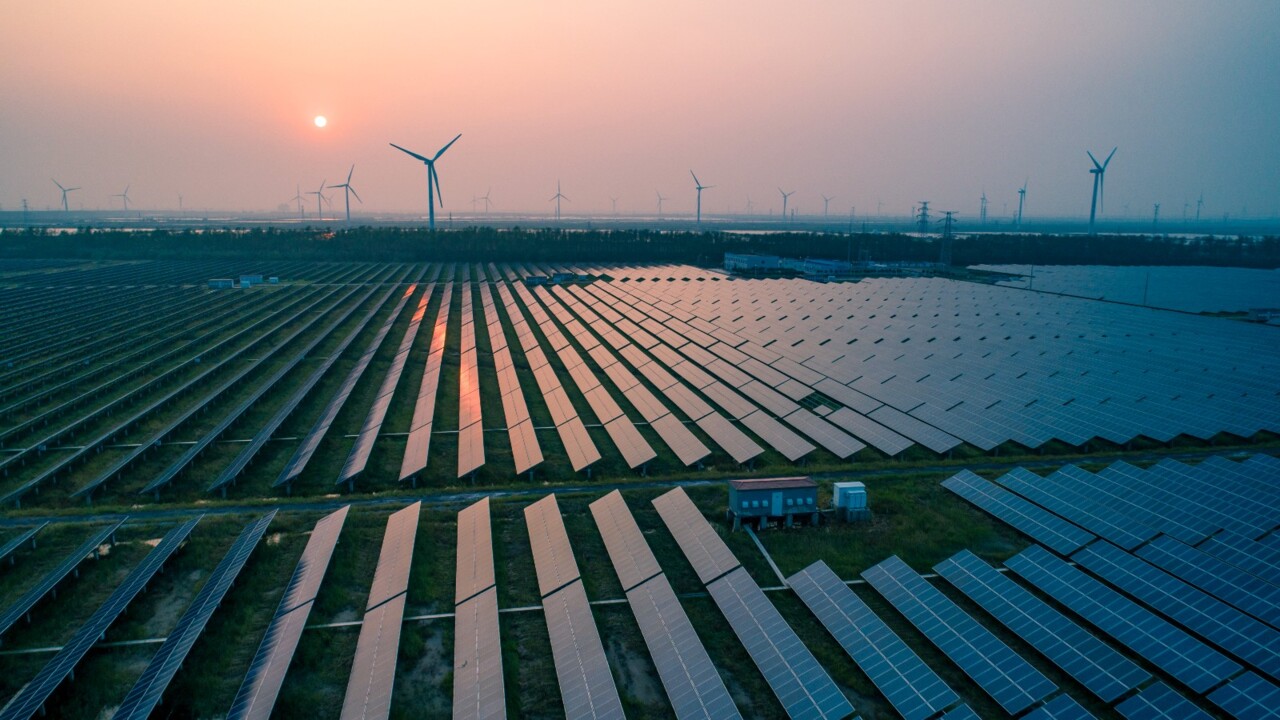
Environment
Don't miss out on the headlines from Environment. Followed categories will be added to My News.
Hard answers to Australia’s soft plastics problem are driving environmental innovation in farming and production – and a coming grant round will fertilise more bold ideas for the better.
The sudden death of plastic straws and single use plastic bags were easy wins, but the scale of soft plastic packaging and other plastic products remains staggering.
“We take on over three million pieces of soft plastic every single day from around the country,” said REDcycle marketing and communication manager Rebecca Gleghorn. “(Deposits) increased over 100 per cent in 2020 from 2019.”
REDcycle recovers post-consumer soft plastics right around Australia in its specially marked bins and investment into recycling solutions came from the same place most households acquire soft plastic waste: the supermarket.
“REDcycle’s partnership with Coles is ten years old this year,” Ms Gleghorn said.
“Coles were the first people to jump on board and offer the public an option for somewhere to drop off their soft plastic.
“We’ve rolled it out to every Coles store across the country now. Their support for this soft plastics recycling program has been immeasurable. It doesn’t matter where it is in the country, it makes its way back to our sorting depot in Melbourne.”
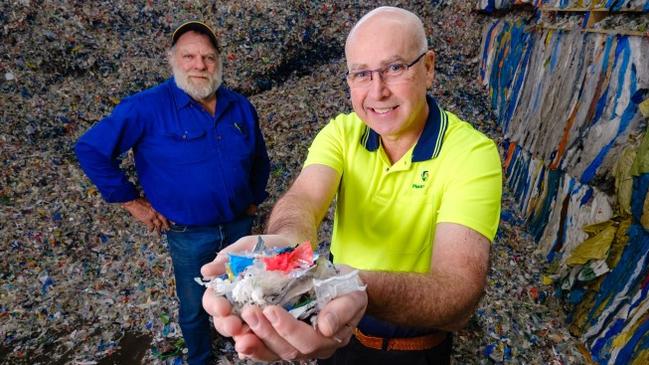
A bread bag’s second life turns out to be pretty exciting – as long as it lands in a REDcycle bin instead of landfill. After initial treatment at the depot, bales of soft plastics are distributed to partner producers making everything from decking and park benches through to garden equipment, garden stakes, pickets, edging and even civil engineering projects like roads.
Plastic Forests accelerated development of its recycled soft plastic fence post for agricultural and equine industries using REDcycle supplies and a $300,000 Coles Nurture Fund grant after Black Summer wreaked devastation across Australia.
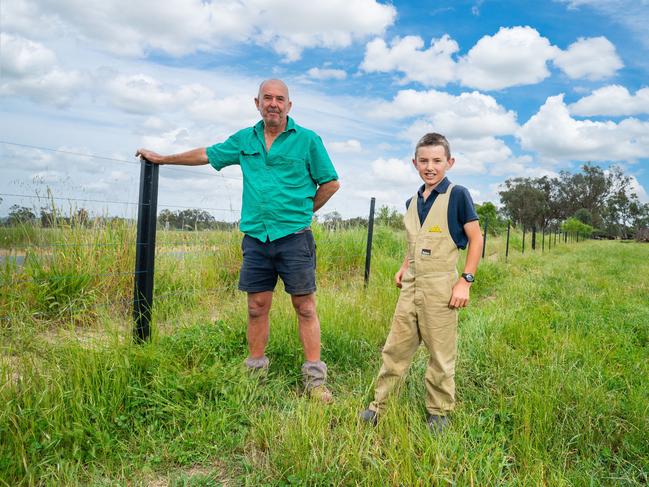
“For 10 years we’ve received soft plastics from farmers who historically burnt it, buried it or did bad things with it,” said Plastic Forests managing director David Hodge.
“The head of Coles Beef saw the farm side of plastics and he saw … the REDcycle program. He approached us to see if we could make a fence post made with soft plastics.
“That was just before the fires. As the fires hit, Coles were on the phone to us saying ‘Wow, you guys really need to speed up’.”
The first PLUS Posts off the production line went straight to two properties severely damaged by the disaster.
“Two properties in Tumbarumba (NSW) really did cop a massive amount of fire damage, it was horrendous,” Mr Hodge said. “They were assisted (by) the Nurture Fund as well … Coles helped Steve and Bek (rebuild) after the fires.”
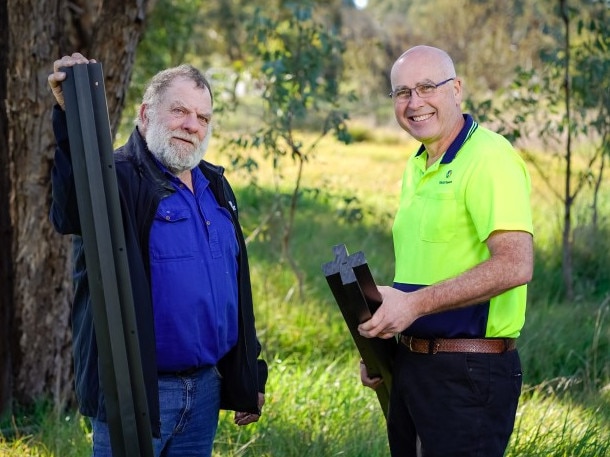
Rigid plastics are also being repurposed, with manufacturer RPM Pipes dedicating the past 25 years to perfecting its 100 per cent recycled plastic product – managing director Terry Kay was just 16 when he started working with his dad.
After receiving a Coles Nurture Fund development grant, the family business now has about 130 rural resellers in QLD, Victoria, SA, NSW and Tasmania.
“When we first started with the little test pipes, we actually cut up the plastic with a pair of scissors on the kitchen table – we started from ground zero,” he said.
“We do the whole process here under one roof. We buy the material in the bulk form – milk bottles, wheelie bins, crates, that type of stuff – and we process it right through, we shred it, wash, granulate, dry it and then we manufacture the pipe out of it.”
“The largest pipe that we make is 630mm in diameter and it’s 6m long, and in that one pipe is the equivalent of 5000 milk bottles,” Mr Kay said.
Mr Kay said the pipe is price competitive against a virgin plastic or concrete pipe.
“Our aim has always been … to have a pipe that reached all the same Australian standards of a virgin poly pipe and was price competitive, had the specs and all the boxes ticked – our difference is that our pipe is made from 100 per cent recycled plastic,” he said.
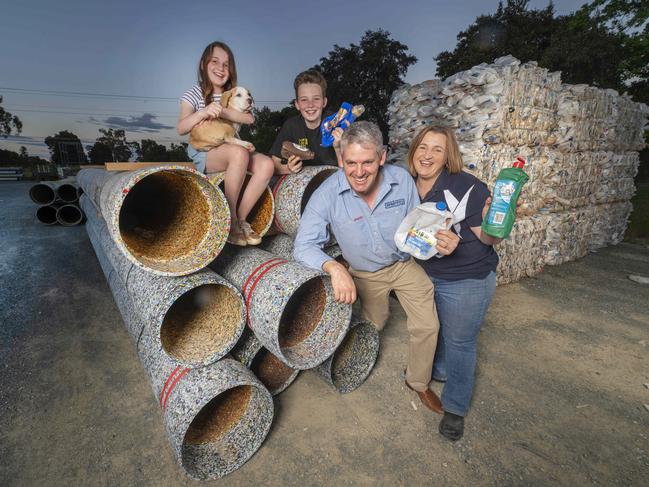
The Coles Nurture Fund grants up to $500,000 to Australian makers of cutting-edge sustainable products, technologies and processes. Project submissions reopen in January 2022.
“By helping to fund initiatives which increase recycling, reduce water use, increase renewable energy and support local production, we aim to drive generational sustainability in Australia,” said Coles Group CEO Steven Cain.
Since launching the fund in 2015, Coles has granted more than $28 million in financial support to more than 80 small and medium sized Australian businesses.
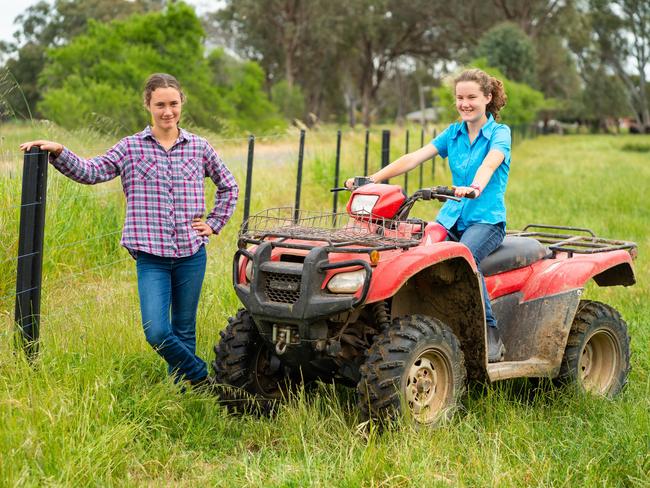
NURTURING THE NATION
Round 10 of the Coles Nurture Fund opens in January. Over 80 innovations in sustainable farming and production have already received grants nationwide, including these homegrown future thinkers.
Colac, NSW
Gobarralong Valley Beef’s Michael and Gemma Crowe got a grant to build a unique new facility that will grow grass indoors in just six days, cutting their reliance on rain to produce grass-fed beef.
Willaura, VIC
Family business Braebrook Pastoral’s $360,000 grant will allow them to convert organic waste to renewable energy with a biogas system on its pig farm to capture methane and carbon dioxide emissions produced by the pigs’ waste matter.
Black River, QLD
Black River Produce got $300,000 to plant locally-grown asparagus to reduce imports. Growing 10ha of asparagus and installing equipment to process the produce on their farm west of Townsville, this family business will produce asparagus when it is traditionally out of season in Australia.
Dry Creek, SA
Spring Gully Foods was awarded a $380,000 grant for a new pasteuriser to reduce water usage and improve efficiency for manufacturing condiments and preserved vegetable products.
Launceston, TAS
Westhaven Dairy received $375,410 to improve packaging of its Omega 3 Yoghurt with new equipment that creates flexible pouches of varying sizes.
Alice Springs, NT
Purple House got a $114,450 grant for a new commercial kitchen. Training and employment opportunities will be offered to the health service’s dialysis patients, their families and Indigenous people from remote communities.
The commercial kitchen is a new project for the Indigenous owned and run Purple House. It also runs a social enterprise selling balms and creams based on bush medicines.
Healthy Central Australian bush tucker will be available to customers once the kitchen is completed.
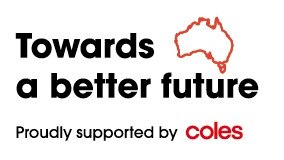
Originally published as Game-changing recycled plastic products lead the Aussie charge



